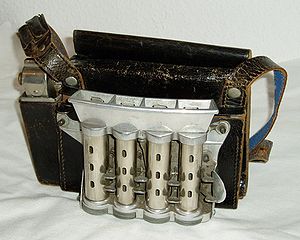Did you know that there is a word that will have clients and readers running to do your bidding (and buy from you). Many call it the most powerful word in copywriting.
It’s a really common word, used everyday.
But, only a few thousand smart copywriters know how to use it properly.
In fact, many businesses make the mistake of failing to use it at all.
Do you?
What’s the word? I just used it. Right there above this sentence. OK, OK, the word is “you.”
Why is this word so powerful?
Because people want to know that you’re talking to them – directly. Using the word “you” reinforces that. It’s much more powerful than saying “they” or “their”. Who is “they”, anyway? And, it’s much more persuasive than “we” or “my” or “our.” More on why that’s true in a minute.
Nobody comes to a business website to read about the company’s talking about your “cutting edge” graphics or its years of business experience. They don’t even care if the site won a Webby award.
If they aren’t technically minded, they might want to know you can give them a site they can update themselves. They may also want to know that you can translate geek-speak into English.
Or, that you are familiar with their industries’ compliance requirements and understand why they may need extra bandwidth or paperwork.
Ultimately, your clients want to read about themselves. They want to know that you can solve their problems. The stuff that frustrates them. And, if you can show them how to solve those problems, even better!
Avoid we and us
The other side of the coin is avoiding words such as “we”, “us” and “our.” Your audience wants to know that you will focus on them (and their needs), rather than your own. They want you fix their problems, not your own.
Try my one-minute marketing test on your own website to see how well it’s doing.
Personalization
This works even better if you can personalize your message. You can’t necessarily do that on a web page, but you can do it in email marketing. Get those first names on your sign up forms.
Your readers will love you (even if they didn’t want to).





